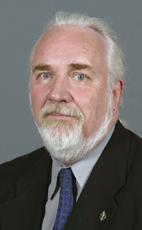Mr. Speaker, Ontario says that Ottawa has ignored public safety by not appealing the striking down of parts of the Youth Criminal Justice Act. The attorney general wrote:
Your failure to take a stand continues this dismal legacy to youth justice in Canada, and will further weaken an already inadequate piece of legislation.
The provisions affected have been law since 1995 and this decision could result in new trials for cases involving murder, attempted murder, manslaughter or aggravated sexual assault. Why did the minister not appeal given these considerations?

